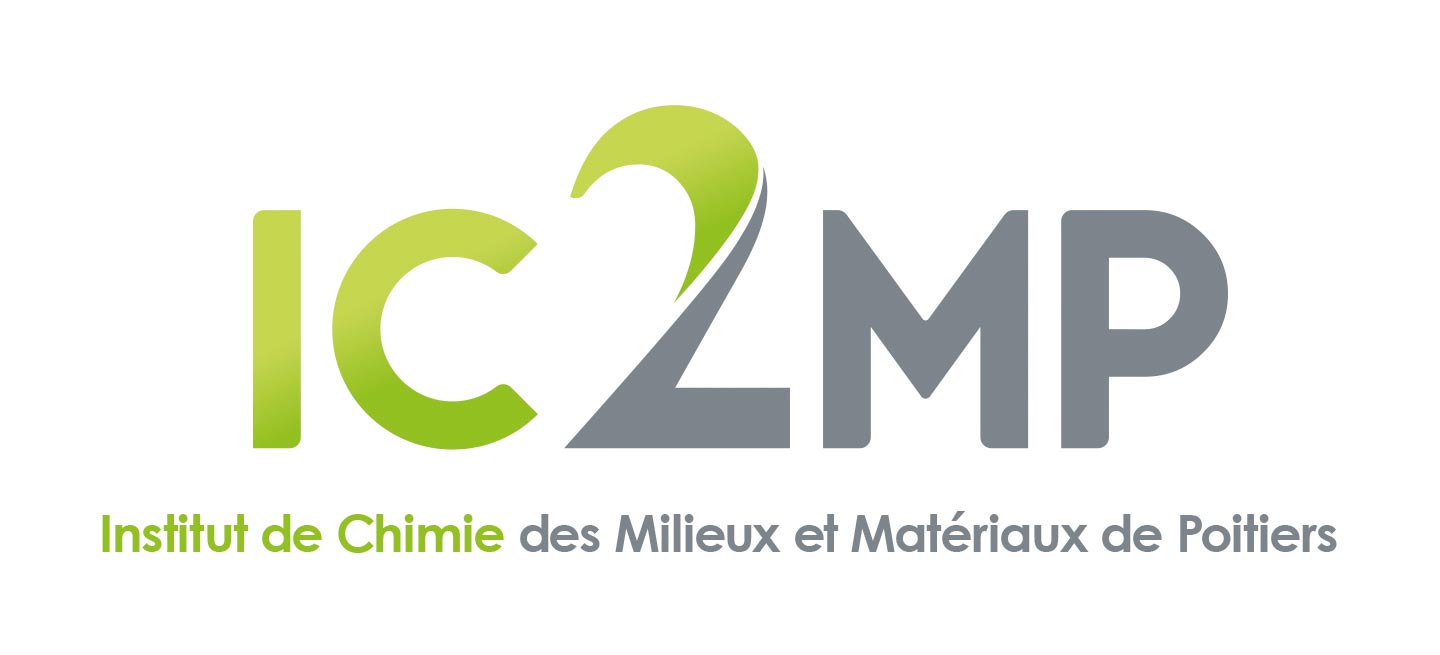Ga2O3/Al2O3 Catalysts for Propane Dehydrogenation: Modification of Surface Properties by H2 pretreatment or co‐feeding
Résumé
This study investigated the catalytic dehydrogenation of propane over uncalcined, calcined or pre‐reduced gallium‐supported alumina catalysts. The effects induced by a reductive pretreatment and hydrogen co‐feeding (5% and 50% in volume in the gas mixture) on the catalytic performance were evaluated. For comparison, a non‐supported γ‐Ga2O3/Al2O3 sample was prepared. The catalysts were characterized by different methods including XRD, TEM, TPR, FTIR, pyridine‐FTIR and the model reaction of 3,3‐dimethylbut‐1‐ene isomerization. It was found that reductive pretreatment improved the propylene production in gas phase but decreased the initial conversion compared to the calcined sample. Hydrogen co‐feeding positively impacted the catalytic stability of reduced catalysts, leading to a higher conversion after 240 min and reducing the deactivation of the catalyst up to 70% as the amount of H2 increased in the stream. Moreover, improvement in the carbon balance and reduction of carbon deposited were observed at high H2 co‐feeding ratio. The formation of gallium hydride species during the reduction pretreatment and H2 flowing was clearly identified, but their contribution in the PDH reaction can be considered as negligible compared to positive effect induced by the decrease in acidity due to the reducing pretreatment.
Fichier principal
 HAL- ChemCatChem 2024- R1-revised-Final-noir et blanc.pdf (4.29 Mo)
Télécharger le fichier
HAL- ChemCatChem 2024- R1-revised-Final-noir et blanc.pdf (4.29 Mo)
Télécharger le fichier
| Origine | Fichiers produits par l'(les) auteur(s) |
|---|---|
| licence |


